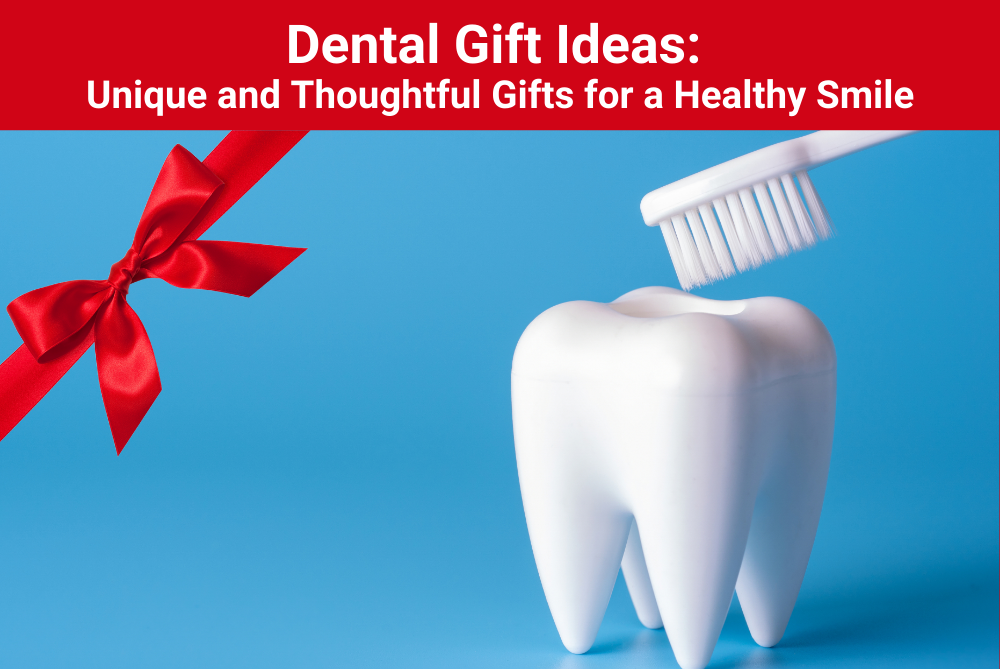Eating with Dentures
 Eating with dentures
is an acquired skill and can take time, patience, and practice for you to feel comfortable and confident. It can take anywhere from a few weeks to a few months to learn how to eat, drink, and even talk with dentures for new wearers. Though dentures are custom-made to fit into your mouth, they can feel uncomfortable and awkward at first. You may notice you produce more saliva which can cause drooling or your dentures to slip creating sore spots. There may also be some tenderness in your facial muscles as they adjust to the movement and place of your dentures. However, the one thing new denture wearers report struggling with is eating or chewing.
Eating with dentures
is an acquired skill and can take time, patience, and practice for you to feel comfortable and confident. It can take anywhere from a few weeks to a few months to learn how to eat, drink, and even talk with dentures for new wearers. Though dentures are custom-made to fit into your mouth, they can feel uncomfortable and awkward at first. You may notice you produce more saliva which can cause drooling or your dentures to slip creating sore spots. There may also be some tenderness in your facial muscles as they adjust to the movement and place of your dentures. However, the one thing new denture wearers report struggling with is eating or chewing.
New to Dentures
Adjusting to eating with dentures can take practice, but over time you should not “feel” the dentures as much and even be able to return to your normal diet with a little practice. We have a few simple tips that can help you to feel confident with your dentures while you eat. Chewing may feel different and food may seem to lose its flavor, but we are here to help and ease the adjustment process.
Start With a Soft Diet
When you first begin eating with dentures, it is recommended that you begin with soft foods. Start with foods that don’t require excessive chewing and give yourself plenty of time to finish a meal. Avoid eating red meats, crackers, raw vegetables, or anything that may exert stress on the underlying gum tissues and risk inflammation and irritation. Some great soft foods to start with include:
- Hot cereals
- Soups
- Applesauce
- Gelatin
- Mashed vegetables
- Juices
- Yogurt
- Eggs
- Pudding
Remember to be careful of hot foods or liquids as your dentures can make you feel less sensitive to changes in temperature. Remember to test the temperature with your lips to minimize the risk of burns.
Many patients report a loss of flavor when beginning to wear dentures. We want to note that there is no effect on your taste buds directly, but rather your mouth focuses on your dentures more so than flavor. Until you get comfortable, you may find it necessary to add more seasoning to your meals.
Transitioning to Solid Foods
Once you are more comfortable eating soft foods with your dentures, you can begin to eat more solid foods. You should remain cautious of how you chew and how fast you eat, as you are still adjusting. Eating too quickly can cause slippage or irritation. Remember to distribute your food evenly in your mouth as chewing on both sides will help to stabilize your dentures. Cutting your food into smaller bites or thinner slices will make it easier for you to eat.
Some foods to try when transitioning to solid food include:
- Rice
- Pasta
- Bread
- Poultry
- Fish
- Stews
Once you have fully adjusted after a few months, you should be able to eat almost anything. However, even with a strong mouth and confidence in your dentures there are some foods that you’ll want to remain careful with such as foods that are hard, crunchy, and sticky. A little soreness is to be expected as you adjust, but should you continue to have pain or experience sores in your mouth that do not heal, contact us immediately.
Keep your dentures clean by removing them every day and brushing them with a soft-bristled toothbrush to remove food and prevent staining. Brush your teeth and gums and remember to soak your dentures overnight in a cleaning solution so they can remain clean and don’t dry out. For more information on eating with dentures, Gilliam Dentistry today.
The post Eating with Dentures appeared first on Gilliam Dentistry.




